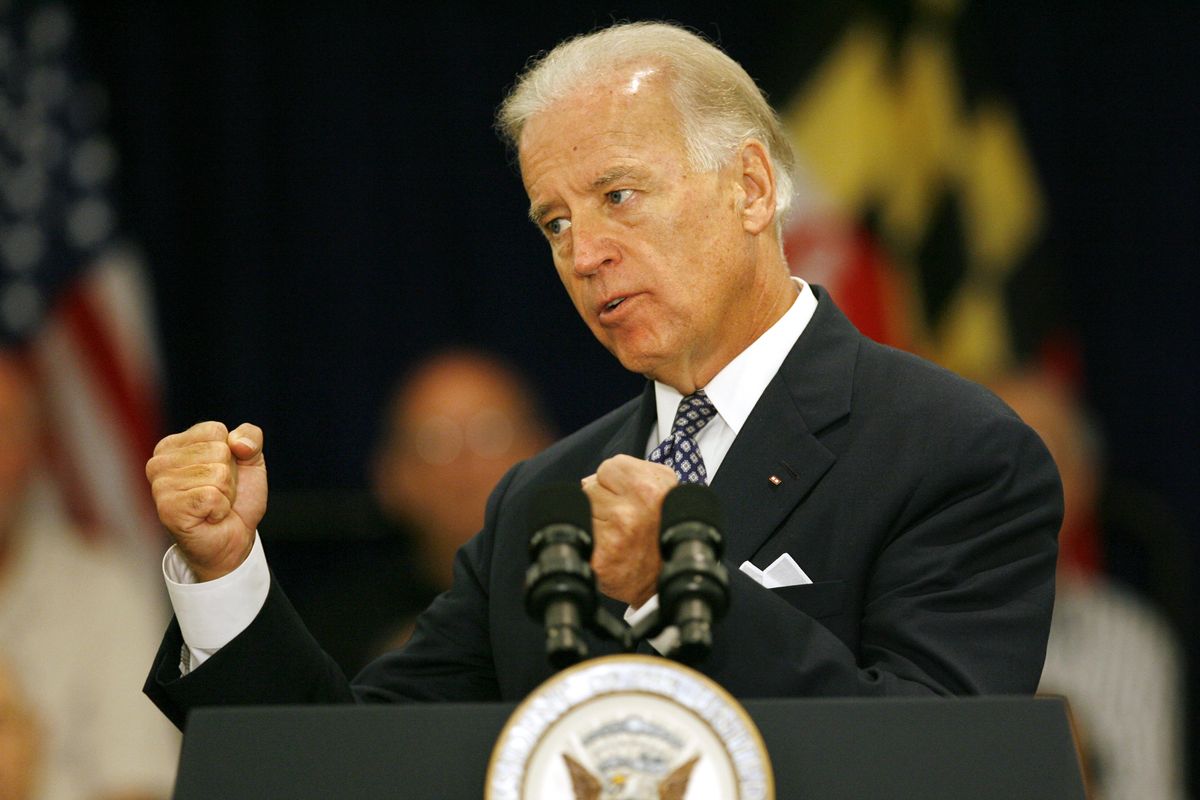Medicare debate embroils parties
GOP ad blitz targets retiree-rich districts

WASHINGTON – Slogging through a second day of work on legislation intended to overhaul the nation’s health care system, the Senate Finance Committee wrestled Wednesday with politically volatile proposals to squeeze money out of Medicare.
As they continued marking up the bill, a process expected to stretch into next week, Democrats fended off attempts by Republicans to restore proposed reductions to the program, which serves the elderly, and get rid of government restrictions on the ways insurance companies market to seniors.
Although the daylong session was marked by a slow pace and partisan sniping, Finance Committee Chairman Max Baucus, D-Mont., could take comfort in several signs about the bill’s prospects.
Early indications suggested that two key swing senators – Blanche Lincoln, D-Ark., and Olympia Snowe, R-Maine – were inclined to back the bill. Additionally, Baucus, who has not always enjoyed broad support in his caucus, held the Democratic bloc together in the face of an energetic assault from GOP senators.
Sen. Jon Kyl, R-Ariz., warned that seniors “have reason to be worried that portions of this bill could affect their care,” saying legislation that includes hundreds of billions of dollars in Medicare reductions over the next decade is bound to impact the quality of care.
“Nobody is trying to cut seniors,” countered Sen. Debbie Stabenow, D-Mich.
Polls have consistently shown that retirees – who vote at higher rates than any other group – are deeply skeptical of comprehensive health care reform. The National Republican Congressional Committee has targeted the districts of House Democrats that have high retiree populations, blitzing them with ads saying the Medicare changes are “unconscionable.”
Vice President Biden made a direct appeal to seniors in a visit to the Leisure World retirement community in Silver Spring, Md., on Wednesday.
“You’re going to be better off – you, all of us who qualify for Medicare – are going to be better off under the reforms we’re proposing, not worse off,” he said.
The Baucus bill relies on more than $400 billion in reductions to the growth in federal health programs over the next decade to help cover the cost of covering nearly 30 million uninsured people. The bulk of the reductions would be achieved by lowering payments to hospitals, nursing homes and other providers by about $200 billion. Baucus also proposes slicing $113 billion from Medicare Advantage, a program that pays private insurance companies more than traditional Medicare to provide additional benefits.